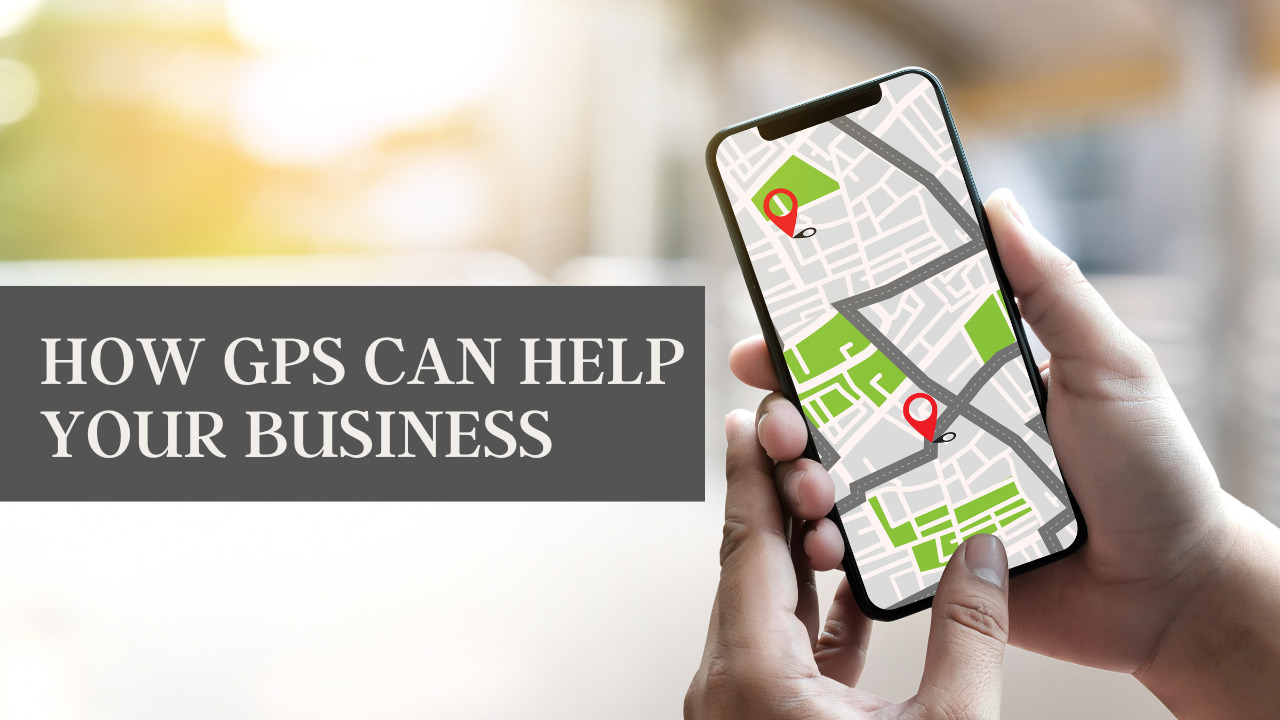When we talk about GPS in commercial settings, we often associate it with 3PL companies with immense fleet capabilities that offer B2B logistical services.
However, fleet managers of any industry and size may find enormous benefits with this technology. Whether you only have one vehicle or 15 vehicles used in your business, you can use GPS to improve your operations.
Table of Contents
Using GPS for Your Business
GPS technology offers a variety of functions; how you use them depends on what goals you want to accomplish. Here are several ways to utilize GPS in operations:
Route Planning
You want your drivers to efficiently reach their destinations. A GPS can help plan routes so vehicles can take the safest and fastest road from your business to the desired location.
The technology can also provide real-time data regarding route delays due to slow traffic, vehicle accidents and road construction. You may then instantly change the route to avoid these delays.
Emergency Dispatch
If a customer requires immediate work or emergency services from your company, you can use the GPS system to know where every work vehicle is located. You can dispatch a technician that is closest to the customer’s location to complete the work order.
Also, if a worker requires a special part or tool that is available in a different work vehicle, the dispatcher can send that specific work vehicle to the location.
Customer Service
GPS data may help your business offer enhanced customer service. By monitoring fleet movement, you can offer a delivery application to customers so they can track the vehicle that has their shipment. The customer will know when the truck is scheduled to arrive and see when the driver is on their street.
Worker Performance
With a GPS, you can track and monitor the worker’s driving and work behavior. You can see if they are obeying all traffic laws or are engaged in any driving behavior that could increase the wear-and-tear to your vehicles.
You may also review GPS data to see how long workers are at the location providing services to help increase their productivity.
Fleet Maintenance
Understanding the vehicle’s movements may help you better plan maintenance and repair work on your fleet. You know which vehicles are out on the road constantly and how far they travel. Your fleet staff can develop tailored maintenance schedules for each vehicle and have the parts available to keep your fleet well maintained.
Conclusion
GPS technology can do more than offer driver accountability: You can use these global positioning tools to provide better customer service, make your operations more efficient and better plan out routes to provide faster delivery and work services.
Other advantages include being able to lower your transportation/fuel costs and providing GPS capabilities to customers to further market and promote your business.
Any vehicle owned by your business can be equipped with GPS technologies. Service companies where your drivers offer business or residential services, such as plumbing or IT support, as well as product companies that have delivery drivers, can place GPS into vehicles.
To learn more about how GPS can help your business, check out the accompanying resource.
Infographic created by
Track Your Truck, a GPS vehicle tracking devices company





